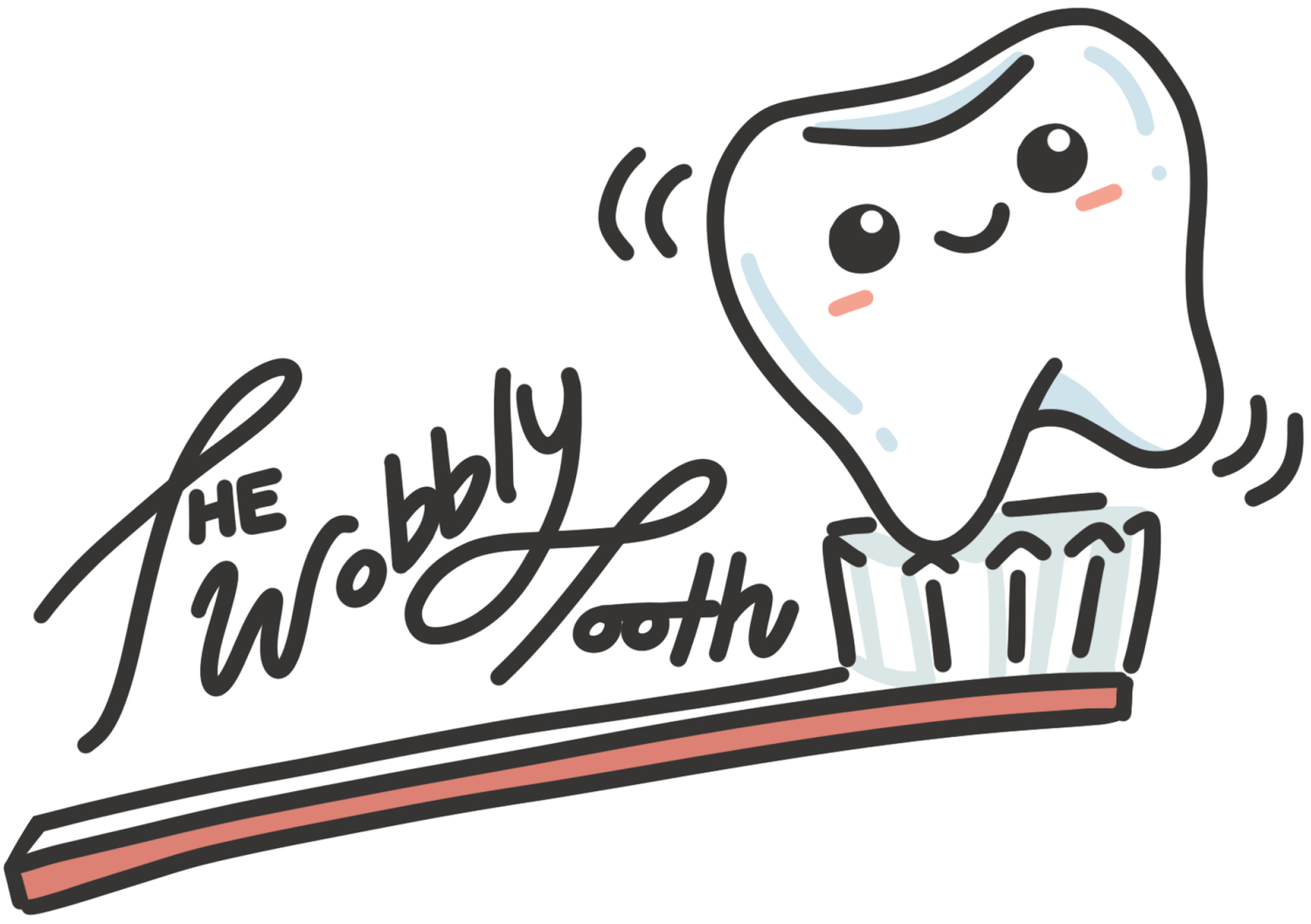Invisible Braces and Aligners
We use a 3D printer to generate models of your teeth and use computer-assisted design to generate clear aligners to straighten your teeth. With traditional braces, this is done using metal brackets with wires threaded between them. With our custom methods, we apply pressure using a series of clear aligners that place specific amounts of pressure on specific teeth. When worn in a series, they put the right amount of pressure on the teeth to migrate the teeth to the correct position.
-
There are many benefits to choosing clear aligners over traditional metal braces. Clear aligners can be removed during eating and teeth brushing. Your dental hygiene routine doesn’t have to change with the use of clear aligners, so no need to do somersaults just to floss. You don’t have to avoid certain foods either compared to metal braces.
-
Generally speaking, the average treatment time with clear aligners is around 12 months. This is faster than traditional braces which require on average 18-24 months. Treatment time can vary based on how complex the case is. While an individual may only need to wear the aligners for 20 to 22 hours per day, if they remove the aligners for too long, they risk extending the treatment time.
-
Traditional braces involve metal brackets and wires. The metal can rub up against the cheeks and inside of the mouth, causing irritation. It is not uncommon for people to get sores or cuts in their mouth as a result. Since aligners are clear plastic, they are smooth and are unlikely to cut your mouth during treatment.
Custom Fitted Night Guards
With our FDA-validated process, we are able to scan and print your night guards for immediate use! Our digital process lets us create your night guard that is perfectly customized to your teeth. And if you ever lose your night guards, we can readily replace them!
-
Our custom 3D printing process will allow us to use the most comfortable and flexible 3D resins for your night guards! The resin we will use to create your night guard is fully biocompatible, non-toxic, and is in compliance with international medical device regulations and standards. The resin is also transparent, polishable, and stain-resistant.
-
Do you grind or clench your teeth in your sleep? Do you wake up from tension-type headaches and/or with jaw pain? Do you snore?
A night guard can help you with the problems mentioned above. It can help prevent jaw disorders and the development of TMD (temporomandibular disorder).
Want to know if a night guard is the right choice for you? Give us a visit and we are more than happy to assess your needs.
-
We will take a full intra-oral scan of your mouth, and our artificial intelligence driven platform will help design your night guard and print it out in the same day! This process is quick, simple and painless.
Sleep Apnea Appliances
With our FDA-validated process, we are able to scan and print your night guards for immediate use! Our digital process lets us create your night guard that is perfectly customized to your teeth. And if you ever lose your night guards, we can readily replace them!
-
Need a CPAP but not quite ready yet? Call us to see if a snore guard/ dental appliance is right for you.
We can customize your snore and night guards to your bite perfectly. This oral appliance therapy acts as a cushion between the top and bottom dental arches and creates more space between the front teeth to prevent the top and lower jaw from touching. Snore prevention mouth pieces look similar to night guards, but instead of acting as a cushion or spacer, they keep the lower jaw forward, preventing pressure on the larynx.
-
Snoring occurs when there is an obstructed flow of air through the mouth and nose areas. Sixty-seven percent of adults suffer from snoring, and it is estimated that over 120 million people in the United States snore every single night. Snoring can originate from a variety of different causes, but it usually stems from an obstructed nasal airway, a deviated septum, nasal polyps, weak throat and tongue muscles, bulky throat tissue or a long soft palate and/or uvula. Habitual snorers are commonly at risk for sleep apnea, as well as chronic tiredness, unnecessary strain on the heart and a reduction in their overall quality of life.
-
Oral appliance therapy consists of an oral appliance you wear in your mouth to improve airflow when you sleep. More specifically, it is a Mandibular Advancement Device (MAD), designed to open the rested constricted airway. It’s similar to a mouthpiece or orthodontic retainer, fitting comfortably in your mouth to reposition your jaw or tongue. Oral appliances can reduce symptoms associated with TMJ disorders and obstructive sleep apnea.




